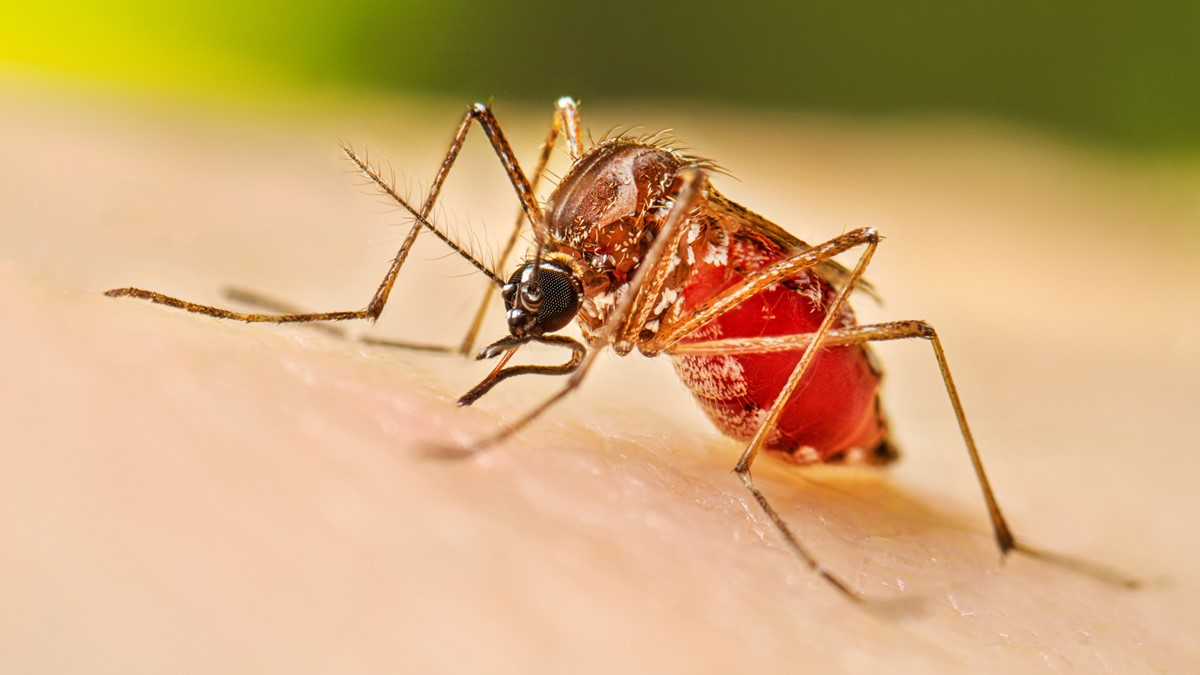Being able to accurately estimate when mosquito-borne diseases will rear their ugly head is one of the latest achievements made possible with the help of artificial intelligence.
Researchers at Northeastern University in Massachusetts announced Thursday that they were now capable of using machine learning to predict outbreaks of dengue fever with approximately 80 per cent accuracy.
About 400,000 people worldwide are infected with the insect-derived disease every year and about 10 per cent of that group lose their lives to it, according to data from the National Institute of Allergy and Infectious Diseases. Interestingly, the CDC says those who contract it may not experience symptoms for up to two weeks after being bitten.
“Dengue fever is a significant global health threat, but forecasting outbreaks is notoriously difficult as individual prediction models often yield inconsistent results across different regions,” explained Mauricio Santillana, director of Northeastern’s Machine Intelligence Group for the Betterment of Health and the Environment, on social media.
Santillana highlighted that him and his colleagues have become able to pinpoint outbreaks of the disease with this high level of precision by getting machine learning to analyze multiple dengue forecast models instead of relying on just one.
Santillana and co-authors published a study on their findings in the Proceedings of the National Academy of Sciences (PNAS) journal on Aug. 13 titled Ensemble Approaches for Short-Term Dengue Fever Forecasts: A Global Evaluation Study. It examined over 180 locations throughout the globe.
“While individual forecasting models show variable performance across different regions, our ensemble approaches consistently rank among the top performers, offering improved predictions even when individual models falter,” the investigators specified.
Northeastern’s public health professor, Michael Johansson, says that the disease spreads much more pervasively now than in previous years due to the amount people travel. Apparently an infected traveller can spread dengue if a mosquito in a new area bites them, sucks up infected blood, and then bites somebody else.
Read more: Australian school sets up nation’s 1st AI supercomputer with global tech giants
Dengue has taken 21 Malaysian lives this year
Dengue is a leading cause of hospitalization and death in several parts of the world, particularly in Latin America and Asia.
This prevalence recently inspired Malaysia’s Health Ministry to employ AI to determine where future dengue hotspots may emerge as well. It has proven to be highly effective, the nation’s Health Minister has said, helping to reduce local fatalities immensely.
Over 115 Malaysian citizens were killed by dengue last year and only 21 have succumb to it year-to-date.
Malaysia was one of the countries examined in the recently published study by the Northeastern University scholars. They also assessed Thailand, Mexico, Colombia, Brazil, Puerto Rico and the Peruvian Amazon city of Iquitos.
“We believe this work represents a major step forward in providing public health officials with better tools to anticipate dengue activity, optimize resource allocation, and ultimately protect communities,” said physics professor Santillana.
Read more: Eight Sleep raises US$100M to propel its AI-integrated mattress technology
Follow Rowan Dunne on LinkedIn
rowan@mugglehead.com














